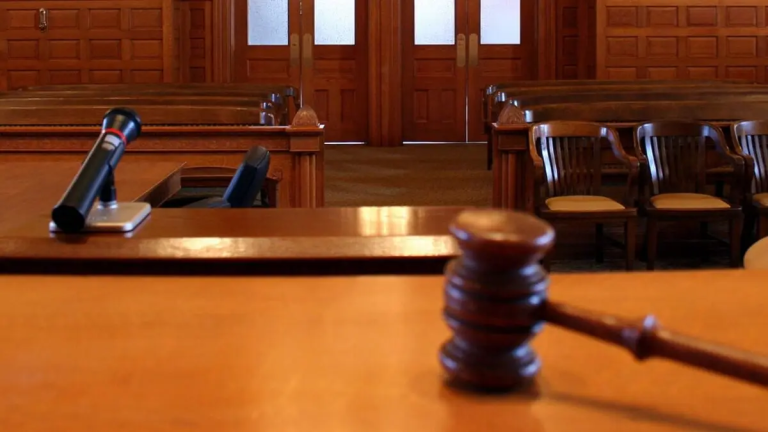A Chief Magistrate Court in Abuja has ordered the remand of social media influencer Ghali Isma’il at the Keffi Correctional Centre following his arrest by the Department of State Services (DSS). Isma’il had posted videos on TikTok falsely claiming that President Bola Ahmed Tinubu had died from a critical illness caused by poisoning. The videos, uploaded to his verified account @bola_asiwaju, quickly gained attention, prompting his arrest.
He now faces a two-count charge. The first accuses him of disseminating false information with the intent to cause public alarm and disrupt peace. Prosecutors allege that on or about July 20, 2025, Isma’il knowingly published misleading claims suggesting that the president’s health was failing due to poisoning, information he purported to have obtained from official sources. This act, according to the court, constitutes an offence under Section 418 of the Penal Code Act.
The second charge centers on inciting disaffection toward the government. Authorities argue that Isma’il’s video was crafted with the aim of undermining public confidence in the presidency and encouraging contempt against the head of state. This offence is punishable under Section 416 of the same legal code.

During the hearing, legal representatives for the DSS and Isma’il presented their arguments, but the court denied bail and ruled that the defendant be held in custody until the next hearing scheduled for August 19. Presiding Judge Ekpeyong Iyang emphasized the seriousness of the charges and the potential consequences of such misinformation in a volatile political climate.
Isma’il’s case has surfaced amid growing concern over the misuse of online platforms to spread falsehoods, particularly those targeting high-profile political figures. Just days earlier, Farooq Kperogi, a journalism professor at Kennesaw State University in the United States, issued an apology after falsely reporting that former President Muhammadu Buhari and his wife, Aisha, were divorced at the time of his passing.
The issue of incendiary content on social media has also reached international courts. In Finland, prosecutors are seeking a six-year sentence for Biafran separatist Simon Ekpa, who they claim used his online presence to incite violence. Ekpa, however, has defended his actions as merely producing content. Meanwhile, Nnamdi Kanu, leader of the Indigenous People of Biafra (IPOB), recently told a Federal High Court in Abuja that his online remarks, which prosecutors say led to multiple deaths, were made in jest.
Sources




